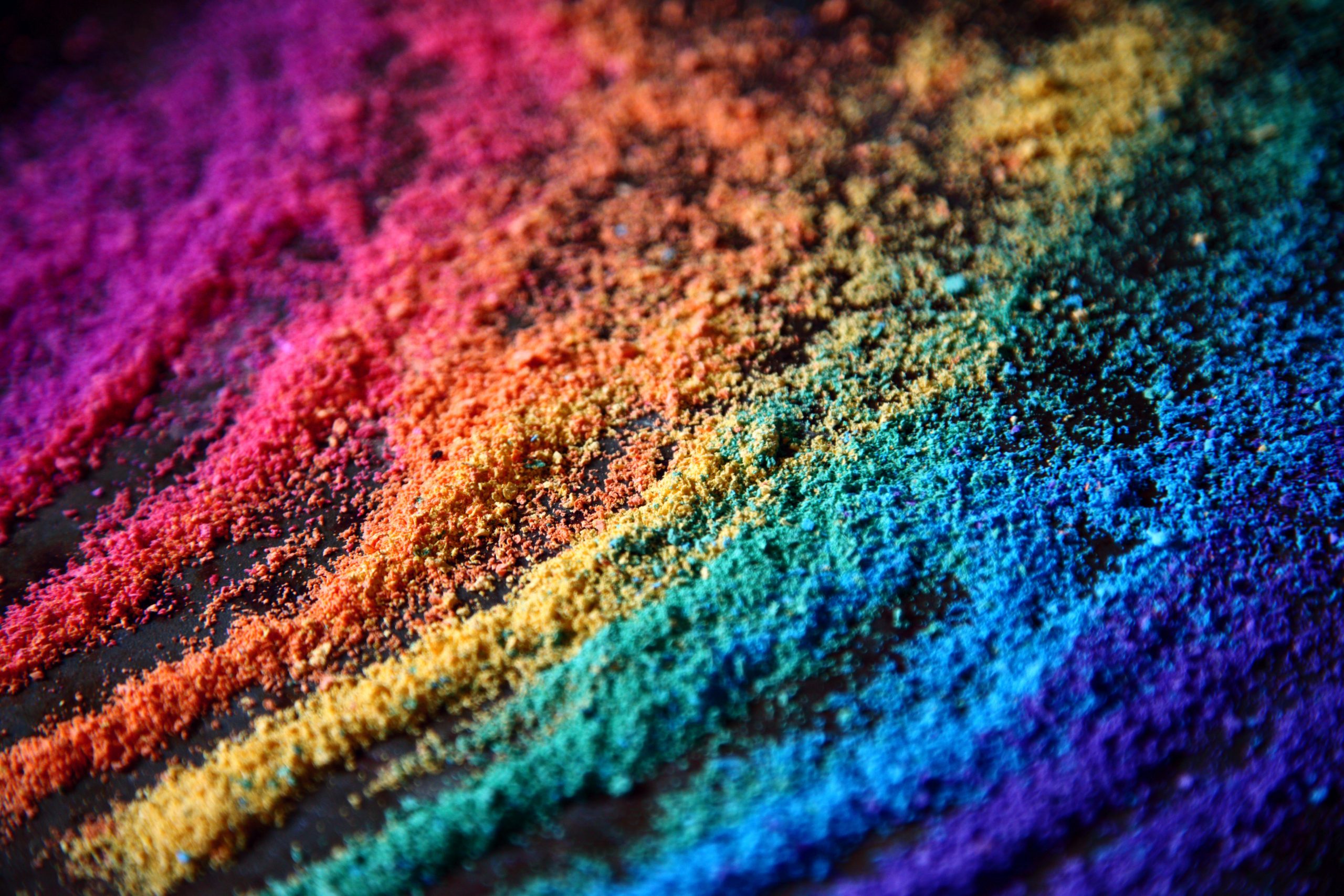Learn and celebrate with us during this Pride season

REDI values and celebrates diversity in the Faculty of Medicine community. The Pride season is an opportunity to learn and connect. Pride celebrations promote the self-affirmation, dignity, equality, and increased visibility of 2SLGBTQIA+ people as a social group. (Source: https://en.wikipedia.org/wiki/Gay_pride)
What is 2SLGBTQIA+?
“Two Spirit, Lesbian, Gay, Bisexual, Trans, Queer (or Questioning), Intersex, Asexual. The placement of Two Spirit (2S) first is to recognize that Indigenous people are the first peoples of this land and their understanding of gender and sexuality precedes colonization. The ‘+’ is for all the new and growing ways we become aware of sexual orientations and gender diversity.”
(Source: https://equity.ubc.ca/resources/equity-inclusion-glossary-of-terms/)
2SLGBTQIA+ and Health
REDI supports culture transformation in the Faculty of Medicine by promoting respect, equity, diversity and inclusion of all people. It is vital that faculty, staff and students are aware of the barriers facing LGBTQ communities and understand their impact on them.
“2SLGBTQIA+ Canadians experience disproportionately poor health outcomes.”2
There are many barriers facing 2SLGBTQIA+ communities. “LGBTQ people experience stigma and discrimination across their life spans, and are targets of sexual and physical assault, harassment and hate crimes.” 1 In medical care, many 2SLGBTQIA+ experience negative encounters with physicians, which discourages them from having a family doctor or seeking health care.2 According to the 2019 House of Commons Report on the Health of LGBTQIA2 “2SLGBTQIA+ Canadians experience disproportionately poor health outcomes.” 2 which includes higher rates of chronic health conditions, poor mental health and substance-dependence disorders.
The experience of 2SLGBTQIA+ is compounded by other factors, including “discrimination when seeking stable housing, employment, health or social services.” 1 Those factors in turn, affect their medical experience. For example, access to shelter is “one of the principal determinants of health,” yet unfortunately, “2SLGBTQIA+ people are disproportionately unhoused.”1
“LGBTQ people may experience other forms of marginalization – such as racism, sexism, poverty or other factors – alongside homophobia or transphobia” that negatively impacts their health.1
In addition, “LGBTQ people may experience other forms of marginalization – such as racism, sexism, poverty or other factors – alongside homophobia or transphobia” that negatively impacts their health.1 For example, Indigenous and Black 2SLGBTQIA+ may experience racism, colonialism, and cultural insensitivity, in addition to homophobia and heterosexism.2
Many members of our Faculty of Medicine community identify as 2SLGBTQIA+ . Sadly they face many of the same barriers of stigma, racism and discrimination in their work and learning environments. These persistent negative attitudes are harmful to individuals and undermine our community commitments to respect, equity, and inclusion.
We should all work towards becoming allies, supporting and amplifying the voices of 2SLGBTQIA+ persons.
We encourage all members of our community to learn about the lived experiences of 2SLGBTQIA+ people and commit to taking steps to redress the harms. We should all work towards becoming allies, supporting and amplifying the voices of 2SLGBTQIA+ persons. It starts with us to create an inclusive, welcoming space where all members of our community are valued and experience a sense of belonging.
Let us all embrace PRIDE.
References
- Lesbian, Gay, Bisexual, Trans & Queer identified People and Mental Health. CMHA Ontario. https://ontario.cmha.ca/documents/lesbian-gay-bisexual-trans-queer-identified-people-and-mental-health/. Accessed June 10, 2022.
- Schreiber M, Ahmad T, Scott M, Imrie K, Razack S. The case for a Canadian standard for 2SLGBTQIA+ medical education. CMAJ. 2021;193(16):E562-E565. doi:10.1503/cmaj.202642
Learn more
We encourage you to learn more and join events during Pride month
Health and 2SLGBTQIA+ communities
- THE HEALTH OF LGBTQIA2 COMMUNITIES IN CANADA, Report of the Standing Committee on Health
- Facilitators and barriers to health care for lesbian, gay and bisexual (LGB) people
- 2SLGBTQIA and health resources by Re:searching for LGBTQ2S+ Health! (Ontario)
- Gender Equity & LGBTQ2S+ Resources by the Gov of BC
- Top Health Issues for LGBT Populations Information & Resource Kit (US)
Health, Indigeneity and 2SLGBTQIA+ communities
- Missing and Murdered Indigenous Women, Girls and 2SLGBTQQIA+ people: National Action Plan April 2021
- Health Care Considerations for Two Spirit and LGBTQIA+ Indigenous Communities (US)
Health, Racism and 2SLGBTQIA+ communities
- Research Article: "It's Just More Acceptable To Be White or Mixed Race and Gay Than Black and Gay”: The Perceptions and Experiences of Homophobia in St. Lucia
Join us on virtually on Tuesday, June 14 from 5-7 PM for Out Loud and Proud: Supporting 2SLGBTQIA+ People in Clinical Spaces
Not sure what 2SLGBTQIA+ stands for? Find out and explore the differences between gender, sex, and sexuality. The workshop will combine inclusive best and promising practices with the participants’ lived experiences in clinical settings to create a generative learning experience.